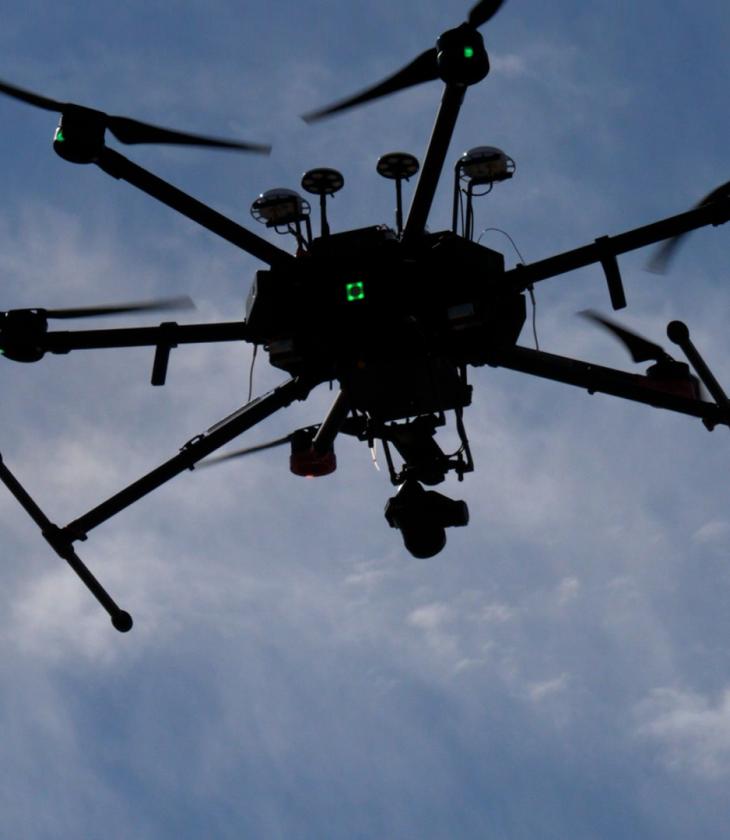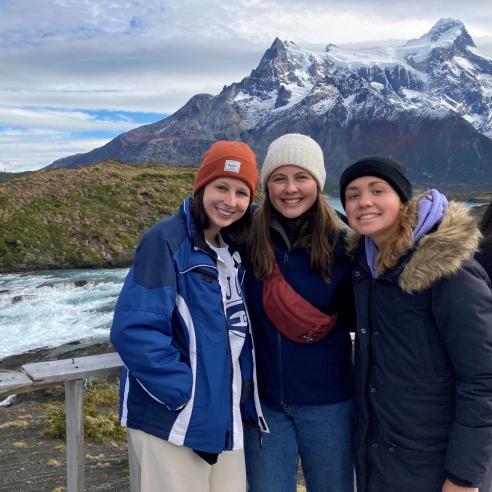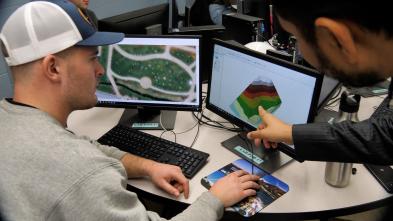

Geospatial - Geographic Information Systems
The University of Wisconsin-Eau Claire's geospatial - geographic information systems certificate provides you with foundational knowledge in geospatial technologies with a special emphasis on geographic information systems or GIS. The specialized, 18-credit certificate is available to professionals in the workforce who want to further their education, as well as current UWEC students looking to add a valuable credential to their degree.
Learn and Apply Field Data Collection Methods
Courses throughout the program will provide with you the necessary knowledge, skills, and expertise to successfully capture, store, and display data related to positions on Earth. Curriculum will explore the theoretical concepts and skills in GIS and how they apply to geospatial analysis. Project-based, real-world learning is a focus of the program, allowing students to learn field data collection techniques and methods, including those related to GPS and surveying, firsthand.
Program Details
Blugold Stories
JustThe Facts
Curriculum within the geospatial - GIS certificate will give you the skills necessary to perform standard geospatial tasks and use real industry software and field equipment. Through robust coursework and real-world experience, you will have the unique, first-hand opportunity to design, compile and develop a spatial database and set of analytical tools within a GIS framework.
Here are a few courses in Geospatial - Geographic Information Systems at UW-Eau Claire.
GEOG 336
Geospatial Field Methods
Project-based hands-on learning will teach students field data collection techniques/methods for those interested in a career involving geospatial issues. Traditional and advanced geospatial technology are implemented in the course.
GEOG 338
Remote Sensing of the Environment
Descriptive interpretation of remote-sensing images from ground, aerial, and space platforms.
GEOG 370
Quantitative Methods in Geography
An introduction to the quantitative methods commonly used in geography with an emphasis on interpretation of results produced by geospatial and statistical software. Topics include measures of central tendency, mean center, hypothesis testing, regression analysis, spatial analysis, and spatial autocorrelation.
Get More Info
Sign up to receive additional information about our campus.















